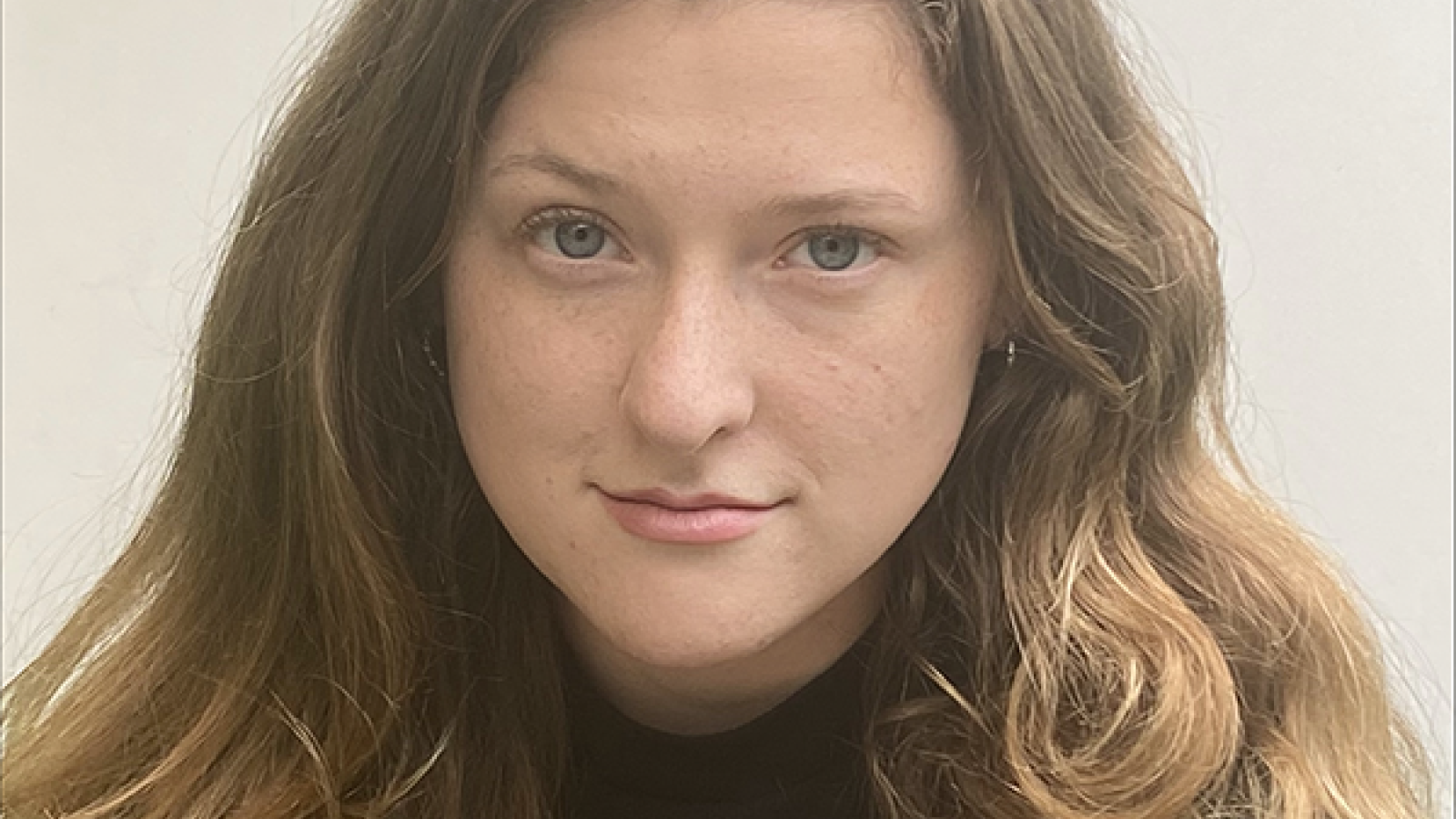
Kate Kinnaird graduated in the Spring of 2022 with a BA in Linguistics and a French minor.
Tell us about your job. Where are you working, and what is your job title?
I work at the Massachusetts Institute of Technology in Cambridge, Massachusetts. I’m the Lab Manager of the Experimental Syntax-Semantics Lab. I work most closely with Dr. Martin Hackl (my PI) and Dr. Athulya Aravind. I help PIs, post-docs, and graduate students in the department with experimental work - whether that’s brainstorming stimuli, building the scaffolding of the experiment itself using a library like PCIbex, running a study in-person or through Zoom, or analyzing the data using descriptive and inferential stats. My work is largely related to child language acquisition and sentence processing. Additionally, I am responsible for much of the back-end work that goes into maintaining a lab: hiring undergraduate research assistants, maintaining research protocols, and setting up participant recruitment infrastructure.
What was your job search process like?
If I remember correctly, the ad for this job was passed along to me by Dr. Brian Joseph, who encouraged me to apply
What do you do daily for your job?
It really depends on the lab’s needs! Lately, the big things I’ve been working on are: (1) recruiting and running experimental sessions with 6- and 7-year-olds for a study using an artificial grammar learning (AGL) paradigm, (2) hiring an undergraduate assistant specifically for the needs of an upcoming study in development, (3) brainstorming stimuli sentences with Dr. Hackl for a self-paced reading study, and (4) working with a grad student who is relatively new to experimental work to build an experiment from scratch in PCIbex.
What do you enjoy most about your job?
1) I have a lot of appreciation for being exposed to a wide range of interesting methodologies and experimental designs, like eye-tracking, self-paced reading, and artificial grammar learning. I feel very lucky to work in a lively lab space that explores a lot of different phenomena that license different experimental approaches.
2) It is extremely rewarding to be present for every step of the experimental process, from designing items with care and consideration, to piloting the first iteration of a study, to taking it live to collect data, to seeing what the data communicates to us about language. Being involved from the jump allows me to feel real ownership over the work, which I find extremely fulfilling.
3) I love our lab’s undergrads. I love seeing them become more confident and develop keener eyes for designing experiments. I love knowing that they’re enjoying seeing things they’ve read about in the literature come to life in the experimental space through working with our child participants. It’s really important to me to provide them with support and positive feedback and help them feel like they have a place in our department and the field in general.
Of the skills you acquired in your linguistics courses, what skill is the most important or helpful for your job?
Developing a broad knowledge of experimental design and the considerations necessary for creating a good study by reading plenty of papers on experimental work in different subfields was integral. Additionally, taking a course on quantitative methods for linguistics (thank you, Dr. Cynthia Clopper!) and knowing what statistical tests are appropriate (and why) for specific types of data has been a game-changer.
Do you have any advice for students who are interested in your job?
Get involved in research as soon as you can! I have immense gratitude towards the mentors I worked with during my undergraduate years for introducing me to experimental work. Being a part of the Prosodic Phonology Lab at OSU under Dr. Björn Köhnlein gave me an opportunity to invest in research projects, take accountability for project progress, and begin to understand the painstaking work that goes into bringing studies to life.
Don’t be afraid to explore different areas of linguistics. During undergrad, I was an RA in the Prosodic Phonology Lab doing experimental work, an RA for Dr. Don Winford organizing transcripts and excerpts of AAVE and Creole languages from the Caribbean islands, and doing independent work in the realm of sociolinguistics that explored the use of stigmatic language and its impact on marginalized workers. All of these experiences were immensely beneficial. Curiosity is valuable!
You’re allowed to not know things, but/and you also probably know more things than you think. Like I said above, curiosity is valuable! Ask questions when you need to. Know that you have insights to contribute. “Nothing grows in the comfort zone”.
